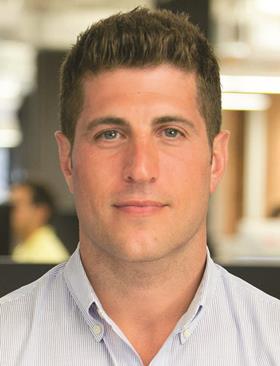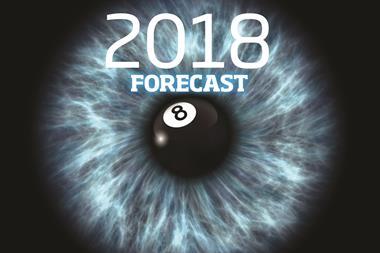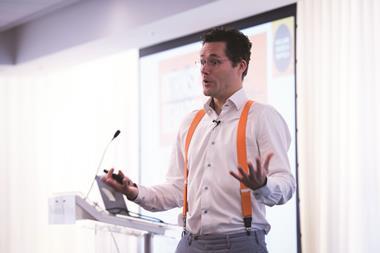If there is one thing the success of Eric Ries’ Lean Startup or Alexander Osterwalder and Yves Pigneur’s Business Model Generation has taught us it is that there is no one method to starting or running a successful business.

We have seen books from Phil Knight’s Shoe Dog to Matthew Syed’s Black Box Thinking gaining widespread popularity, each teaching us something new or reinforcing what we already know about striving for the perfect business. Increasingly, those in the business of real estate – whether that is the traditional or tech industry – are looking outside their own sectors to learn.
We are no longer just studying from our own playbook, but looking at other success stories (and failures) to work out which moves might benefit us most. As we navigate a changing landscape with a wealth of new tech solutions, we are beginning to arm ourselves with new ways of thinking – ultimately trying to gain the edge.
This shift in thinking is underpinning the wider, perhaps more dramatic, shifts in terms of the hiring of chief technology officers, acquisitions of tech companies or bringing on board technologies such as VTS – a new direction for the real estate industry. It is no longer enough to be versed in real estate alone, you must now understand the shifting landscape that so many are calling a ‘digital evolution’ – I just call it smart thinking.
If you could have an extra tool to make your employees more efficient, give yourself more insight into what is happening in your business and ultimately drive growth in revenue, why would you not? If you could gain valuable knowledge from other industries, for example from Elon Musk’s ventures into space, or through reading Billy Beane’s Moneyball: The Art of Winning an Unfair Game or former FBI hostage negotiator Chris Voss’s Never Split The Difference: Negotiating as if Your Life Depended On It – would you not strive to?

At VTS, we have taken our own advice – we have learned a lot from looking at the ‘purchase funnel’, an idea dating back to 1898, developed by E St Elmo Lewis.
This concept has been used by businesses across numerous industries to improve the effectiveness of their customer acquisition strategies. Essentially, by tracking key metrics over the course of the customer journey to purchase, businesses are able to more easily identify what’s working and where work is needed, enabling them to make adjustments quickly and, in turn, convert more leads into customers at a faster rate.
We have shifted this way of thinking to apply it to commercial real estate. The reality is that every property you own, manage and lease has a ‘revenue funnel’, comprising all the business activities your leasing and asset management teams are already doing every day to attract, convert and retain new tenants.
Ultimately, by understanding what’s happening at every stage of your revenue funnel you’ll be in a much better position to act on opportunities faster, proactively address portfolio risk before it becomes an issue and reduce downtime.
For us, it comes down to understanding what our customers need. As the landscape of commercial real estate evolves, we are constantly learning and adapting to deliver the best solutions possible.
Understanding the business of commercial property is one of our most valuable assets as a company, but we also recognise the benefits of learning and adapting from other outside industries where there might be knowledge – and a library – to build.





























No comments yet